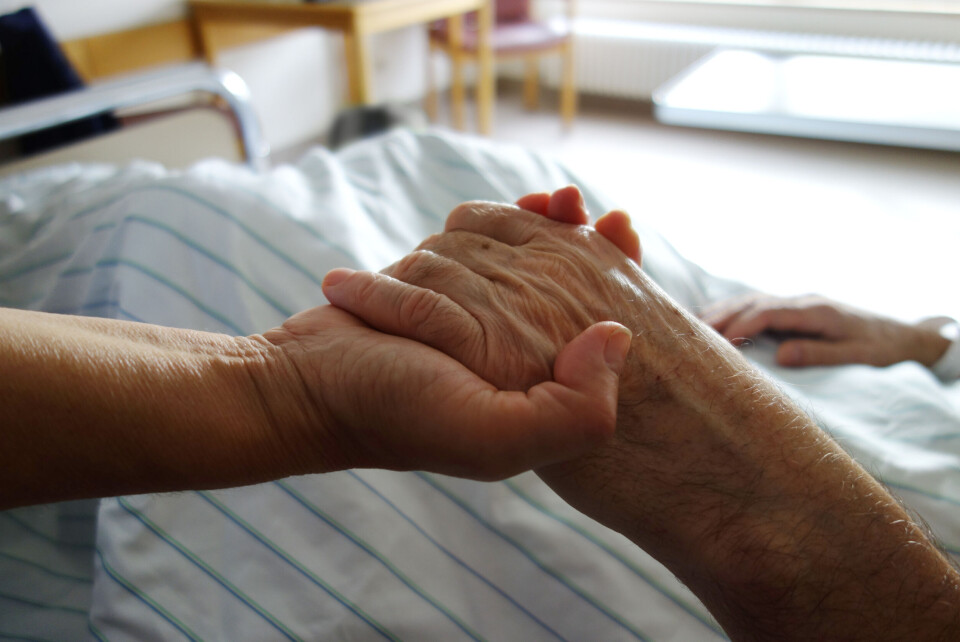-
Strikes and protests in January 2026 and how you may be affected
Doctors, rail staff, and farmers are all taking action
-
Good news as lower electricity bills confirmed in France
The change is not a ‘revolution’ but will give some purchasing power back, minister says
-
French ski resorts report excellent Christmas despite less snow than last year
Bookings are up and non-snow related activities are also on the rise
Assisted dying should be legal, concludes French PM’s citizen debate
184 members of the public were tasked to look into end-of-life care in France by Prime Minister Elisabeth Borne

Current end-of-life care is inadequate and active help to die should be legalised, a citizens’ convention considering the issue of euthanasia and assisted dying has concluded.
Since last December, the convention – made up of 184 members of the public chosen at random to reflect the demographics of the population – have spent 27 days debating, and nine days working on Prime Minister Elisabeth Borne’s question:
Are end-of-life services adapted to different situations or should changes be introduced?
Read more: France to hold national debate over legalising assisted suicide
21 departments have no palliative care provision
Their conclusion, submitted to President Emmanuel Macron in April, was that end-of-life care must be improved, and access to it should be universal, rather than a postcode lottery.
They made 67 detailed suggestions for how end-of-life care could change, most centred on pain management, dignity and patient choice.
It was noted that 21 departments have no palliative care provision at all, and Mr Macron agreed this should be remedied as soon as possible, and that carers should receive more support.
Majority want law to change on assisted dying
The convention also concluded by a majority of 75% that active help to die, either in the form of assisted suicide or euthanasia, should be legal under certain conditions.
These included that only people suffering from incurable conditions and/or untreatable physical and/or mental pain should be considered.
No one, the convention said, should be allowed to request assisted death to escape loneliness, or out of a feeling of guilt for being a burden to family or society as a whole.
The thorny questions of whether minors should receive such help too, or adults who have never expressed an opinion on the subject and suddenly become medically unable to, were not mentioned in the conclusions as there was no consensus.
Read more: French citizens’ council votes for assisted dying (with conditions)
Macron promises new law by end of year
The convention considered the current law, which dates from 2016 and allows medical personnel to place someone close to death and in intolerable pain under permanent sedation but stops short of authorising them to administer or supply a lethal substance, as hypocrisy.
Medical professionals should be allowed to opt out of providing help to die, the convention said, but should refer patients to willing professionals.
It added that patients should have a choice to die at home, or in a retirement home or hospital/clinic.
It also said choices should allow both assisted suicide and euthanasia, to provide solutions for all kinds of situations.
Mr Macron promised the government would propose a new law by the end of the year.
Related articles
France assisted dying bill blocked by 5 centre-right party MPs
French right-to-die-activist postpones death date
France extends therapeutic cannabis trials for an extra year
























